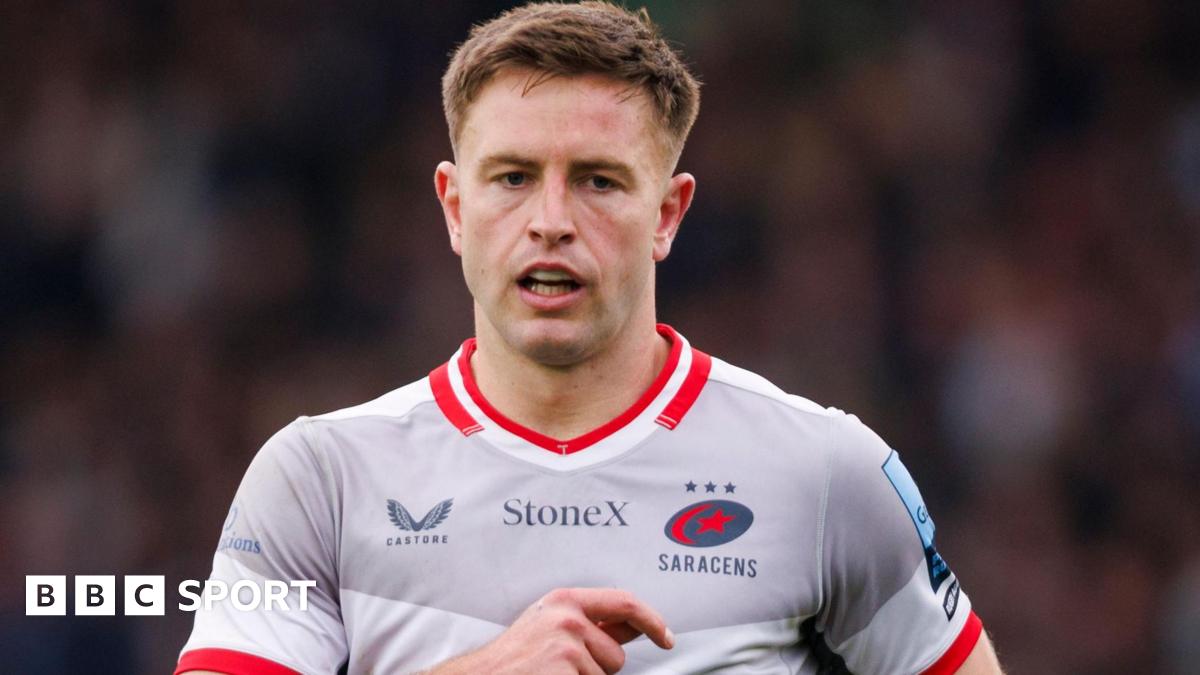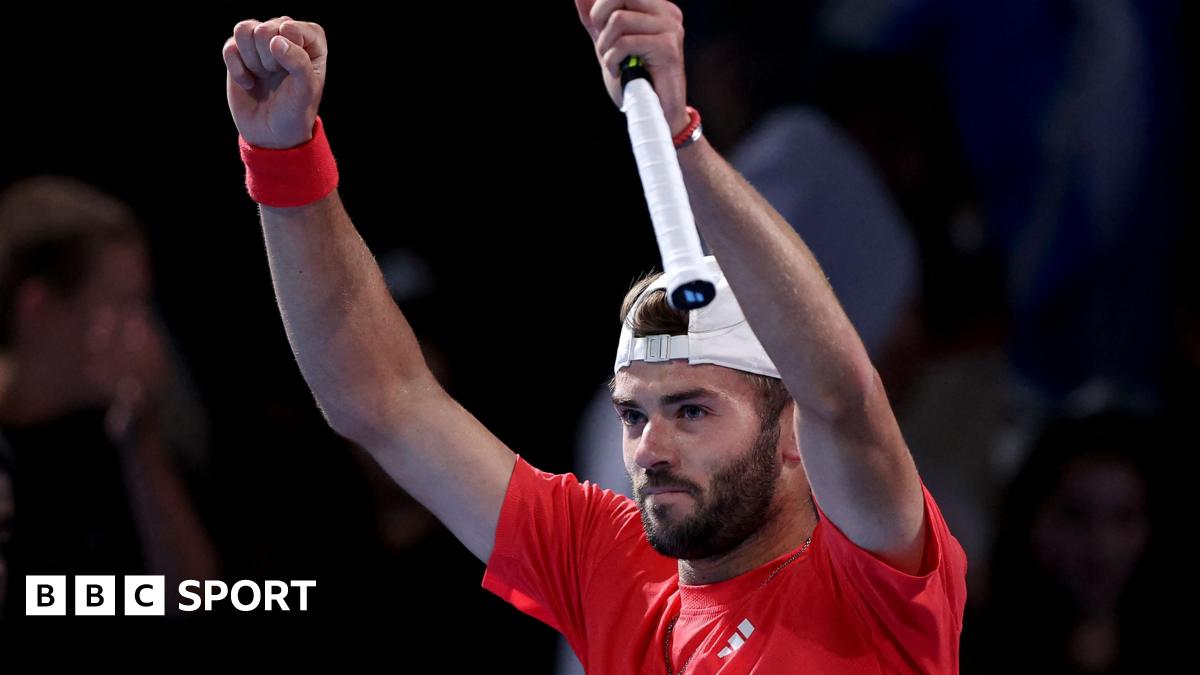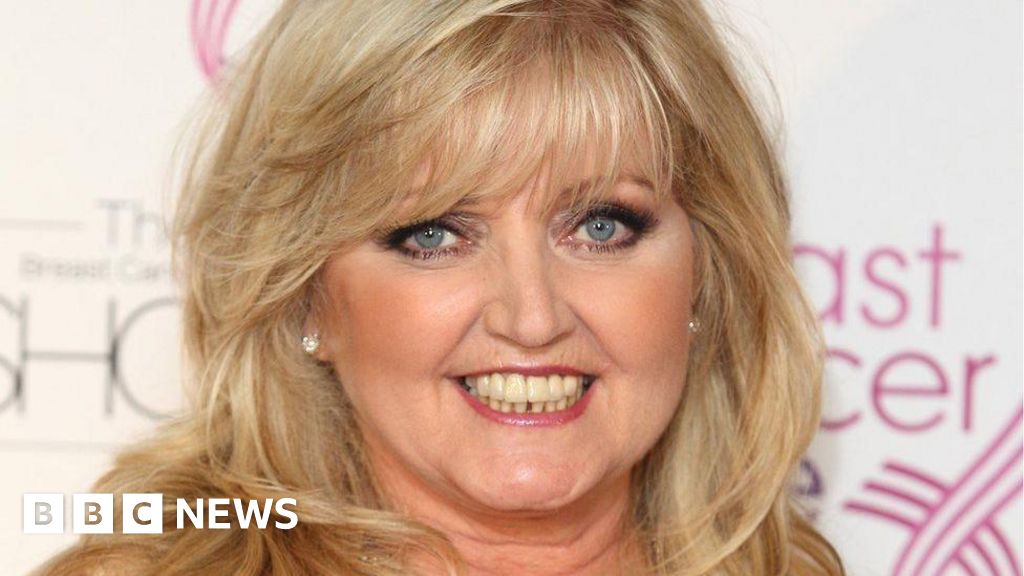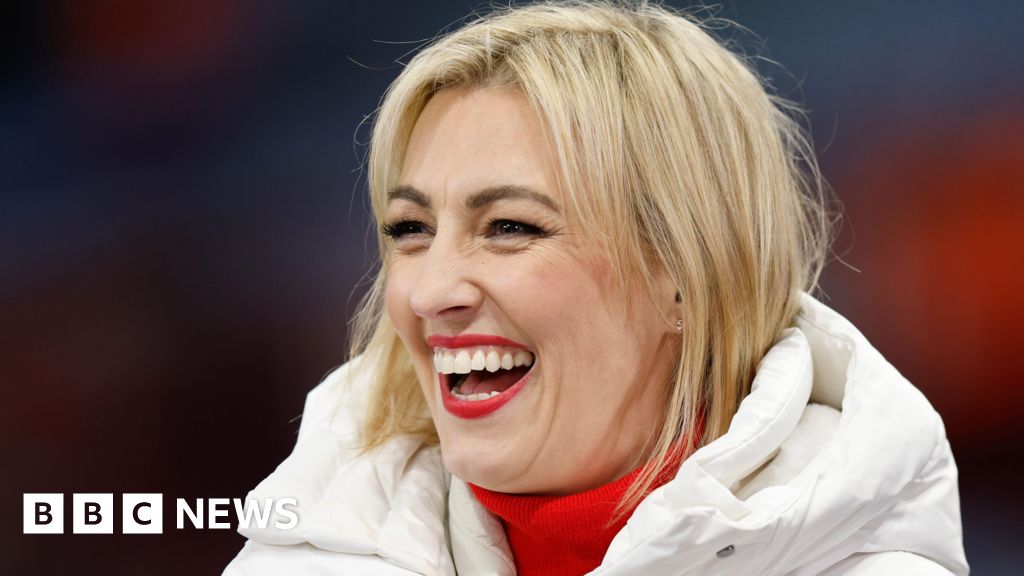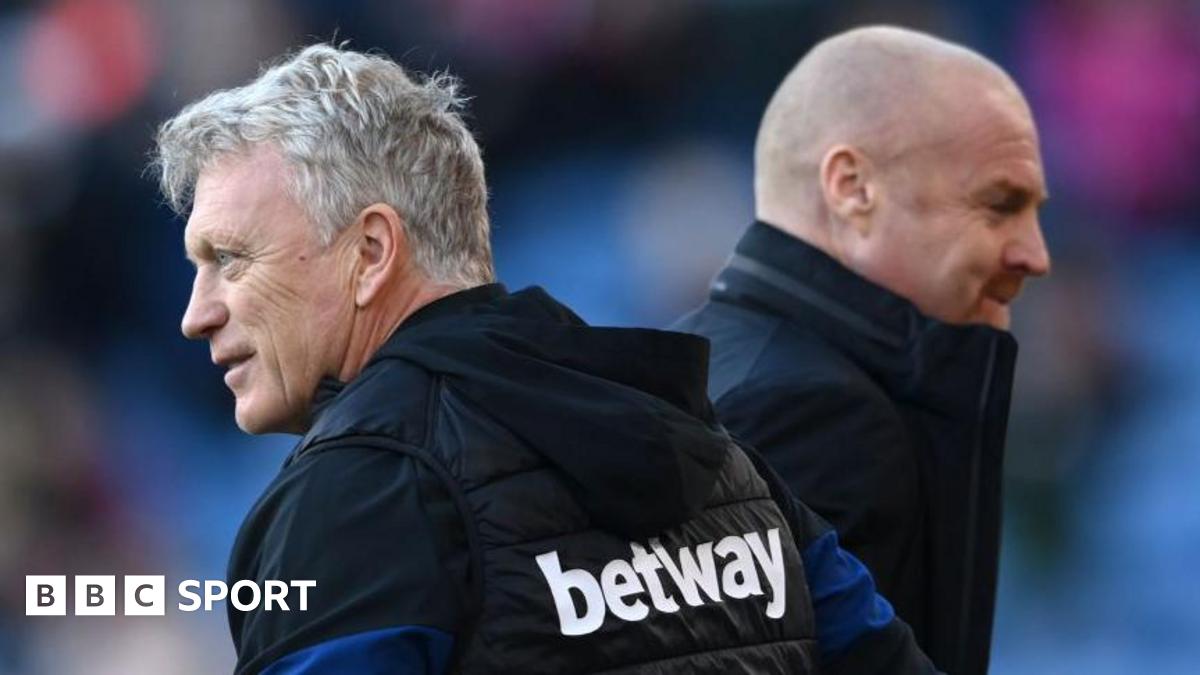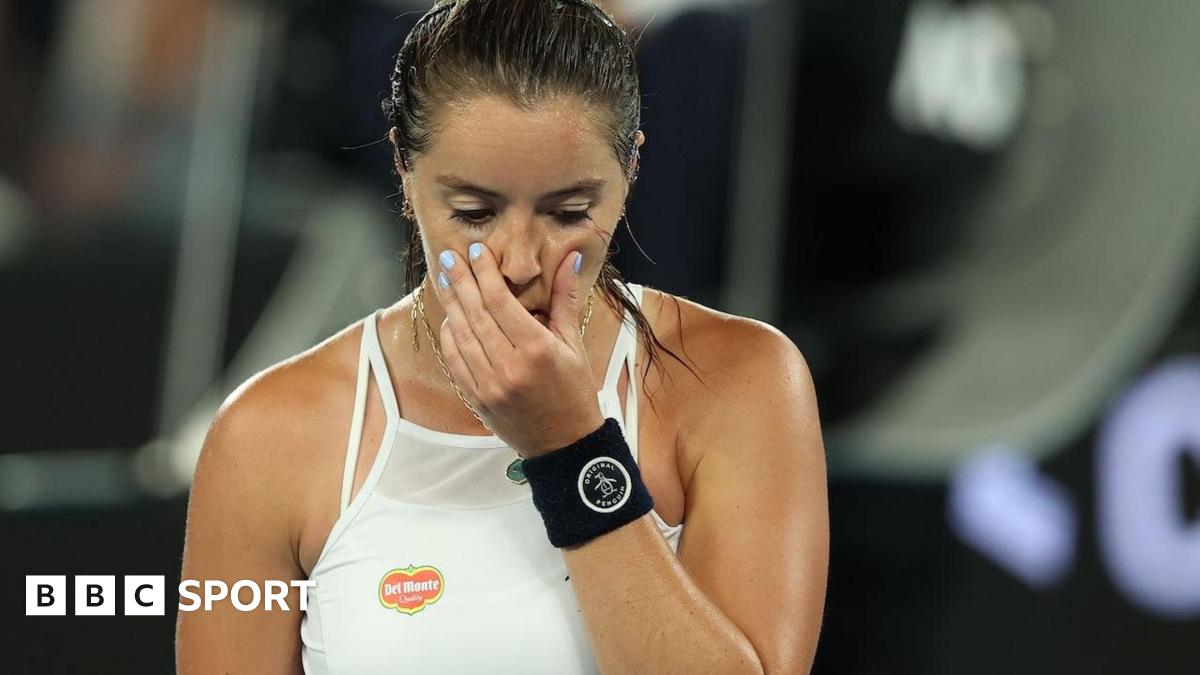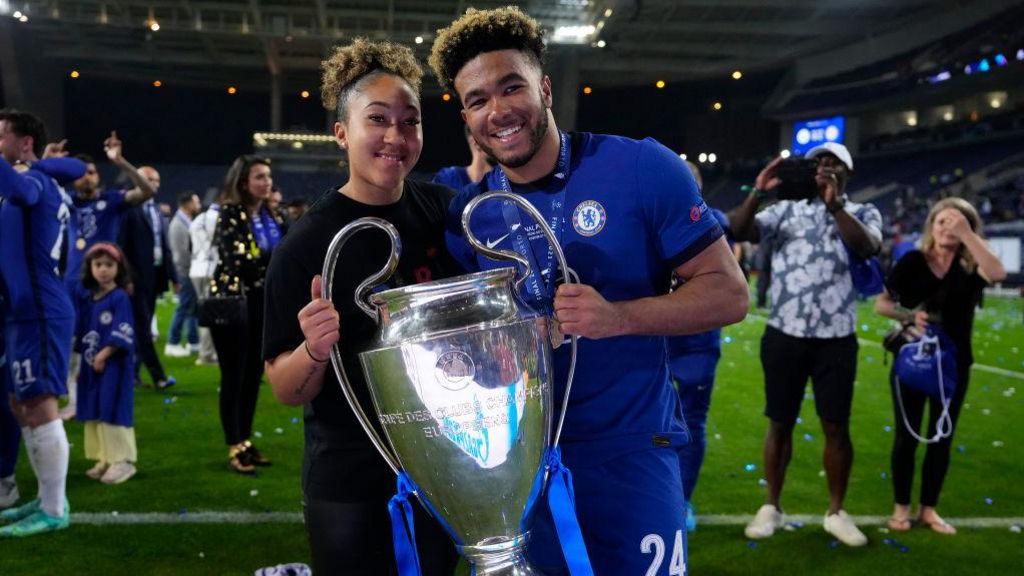 Image source, Getty Images
Image source, Getty Images
Lauren and Reece James are the first brother and sister to represent England in the modern era
Alex Bysouth
BBC Sport Senior Journalist
Navigating the tightrope of helping your child achieve their potential and not becoming an overbearing parent is a daunting challenge in any environment, never mind when it comes with the dream of playing professional football and the promise of life-changing riches.
How pushy is too pushy? When does help become a hinderence?
England and Manchester City defender Kyle Walker, for example, said he used to hate going to games with his father because he would be reduced to tears by the critique of his performances in the car afterwards.
But Walker, speaking on the You'll Never Beat Kyle Walker podcast, insists that tough love as a youngster helped forge him into an elite player.
So in a highly-competitive industry where the pathway to success can seem overwhelming, how do parents deal with the pressures on themselves and their kids?
Man City's Kyle Walker says tough love from his father helped him become an elite player
Nigel James still loves to coach, even if his work developing his own kids on the football pitch is complete.
At 24, Reece James is a Champions League winner with Chelsea while Lauren, two years younger, has already won multiple Women's Super League titles and domestic cups with Chelsea and Arsenal. Together, they are the first brother and sister to represent England in the modern era.
"I stay completely off them, I leave it all down to them. I have done my job," explains James, who likens it to parents seeing their kids through school, university and then getting a job by which they can pay their own bills.
"If Reece or Lauren play or don't play, that is down to them and their club, not me. If they want to talk to me about it they do. If they don’t, they don't. All I know is I have helped them get the best job in the world."
James, as a coach, could see from an early age his children were talented but refused to get carried away, right up until they were playing first-team football - he says it takes opportunities to come up, a player's position to become available and coaches to trust them to get that breakthrough.
"I have seen lots of talented kids go through the academy system and end up with nothing," he explains. "There is a little bit of guidance and luck, people trusting you.
"When you talk about the academy system, that is only a small portion of the elite. It is elite while you are developing, but now you have to go and someone has to trust you to play in their first team."
He has also seen the impact, both positive and negative, parents can have on their children's prospects.
"You have seen ones who have come through not just because of their talent, they were good, but the parents played a big part in it because they were nice to work with," he says.
"If there are parents who think they understand it, think they can tell clubs what to do... People are wanting to be a footballer not because they are dreaming of playing in a World Cup or being on Match of the Day, they dream about it because of what football gives you - lifestyle, houses and cars, but that's not football."
In fact, the main advice he gives parents is to help their kids enjoy football but work even harder on their school education.
"That is the only guarantee you can set yourself from the start," says James. "No matter how good you are, you can't set yourself by thinking you are going to be a footballer because it still boils down to someone else's decision at the end of it."
Image source, Getty Images
Image caption,Myles Lewis-Skelly speaks to Arsenal boss Mikel Arteta during a pre-season friendly
Marcia Lewis would agree with that. Her son Myles Lewis-Skelly is 17 and spent the summer on tour with Arsenal in the United States, but he is also taking his A-levels.
Education has always been a non-negotiable and the family have "had to say no to football" on ocassions. Lewis says the club have always been respectful of that.
"He is not an Arsenal first-team player, he is an academy player, he has not 'made it'," explains Lewis. "He has had some incredible experiences and is on a pathway but that doesn't mean he is going to fulfil his dreams as a professional footballer long term.
"He backs himself, we back him, but the realities are what they are. You realise, especially at this juncture, he is not competing with the 10,000 kids in academies anymore, he is competing with multimillion-pound players all over the world."
Myles joined Arsenal in the under-9s but even by the age of 11 Lewis took a call from an agent. A year later it was a brand wanting to sponsor him. She didn't tell Myles about the approaches at the time.
Lewis knew little about the football industry or where to seek advice. Incredibly, she took on a master's degree in football business and studied to become a Fifa football agent herself to help understand it better.
Now she runs a platform called No1Fan.club, as well as a podcast Behind the Boots, that provides a support network for parents navigating youth football and helps show alternative pathways in the industry. They host one-on-one chats, Q&As, workshops for the public and academies - but it is designed by parents for parents.
"We get parents from grassroots who want that peek over the curtain of what is in an academy. Their kids have been scouted, what does that mean?" says Lewis.
While Lewis has had a largely positive experience with Myles, she appreciates not everyone feels that way about the academy system because not every young player can make it professional.
For parents, it can also be daunting knowing what questions to ask, but the platform aims to help them feel confident navigating that environment.
"Parents have struggles in all sorts of areas," says Lewis. "It could be how to talk to your academy manager, how to build a relationship with an agent or how to find a sports lawyer to help with that side of things.
"It is such a unique environment to be in, there is no guidebook and we can get it so wrong. All we are doing is hearing the whispers on the sidelines, the hearsay: 'That person has an agent, that person's playing up, that person's going on tour and my kid is left out, my child is playing a different position and they're only a striker.'
"All these things that create this internal anxiety, is because we don't know or we don't have the right guidance."
For some families, they are not just chasing their child's dream but also a new social and economic future.
"There is more knowledge about the industry and its potential riches, it has created a different dynamic," explains Lewis, who says some parents see the "lottery ticket".
"Football is a hobby for a very long time. It is not a job until you are getting paid to do it."
'I've not spoken to my dad for 25 years'
Image source, Getty Images
Image caption,Sonny Pike has built his own training pitch and indoor facility for private coaching sessions
Sonny Pike has experienced it from the other side.
By the age of 15, Pike's name was everywhere. Touted as the next Diego Maradona, the wonderkid had his legs insured for £1m, filmed McDonald's adverts, appeared on television shows and in magazines, did promotions for Coca-Cola and signed sponsorship deals with fashion and sports brands Paul Smith and Mizuno.
There were trials with Premier League teams and at Ajax, before he was banned by the Football Association while at Leyton Orient following the release of a documentary.
Pike believed it to be about his development but it actually showcased how clubs were illegally poaching youngsters, and included him talking to Chelsea.
Pike says much of the media frenzy was driven by his father and have not spoken in 25 years.
"I haven't seen him for that long because of how full-on he was," he says. "It wasn’t just football, it was everything I did. You want the best, so you are pushing and pushing, but sometimes it can backfire."
By the age of 18, Pike was mentally and emotionally through with football. He completed The Knowledge [a requirement for London taxi drivers] and became a taxi driver, not so much as watching a game of football or kicking a ball for 10 years.
But then his son, Beau, came home one day and wanted to play with his cousin.
"That was the first time football was mentioned in the house," he explains. "It had to be a natural thing, I didn't want to stick it on him or let my whole thing affect him."
Now, he says things have come full circle. Pike is no longer driving his taxi but instead runs a private coaching school and Beau, aged 10, has signed with Leyton Orient. Pike's experiences have moulded how he parents.
"You won't hear anything from me unless it is something positive," he says. "Let him do his own thing.
"My whole thing with him is to get him in a position where he is able to come up to me and ask me questions about how he is doing, instead of it being me going to him and saying 'you aren't doing this right…'
"I try and be on a level par with him. It is more comfortable for him."
Image source, Sonny Pike
Image caption,Sonny Pike training with son Beau at the facility he has built since starting the Sonny Pike Player Development coaching school
In the one-to-one and small group sessions he runs, Pike is happy to share his experiences to help youngsters, but also their parents. He stresses football is a balancing act, especially if the dream is to turn professional.
"There is a lot of hard work to be done," he says. "If you want to be a really top player, you are going to have to push.
"There are going to be times where it is going to be tough - 50% of the time it is going to be good development and he is going to be enjoying his football and it is going to tick along nicely, there might be 25% of the time where he doesn't like it and is struggling, and then another 25% of the time where he is absolutely flying and loving it."
Pike fields lots of calls from parents looking for advice. He has had to explain his own story and talk down some who he feels were putting unrealistic expectations on kids as young as three or four. He also advises parents to observe a "five-minute rule" after matches - talk about it for five minutes, but then move on.
"A lot of conversations are about the academy systems, kids that are meant to be wonderkids at seven, eight, nine, 10," he says.
"Then you hear about them - including me - when they get to 15 or 16 and they are completely mentally struggling, exhausted.
"I try and pre-warn parents. For me, just let them be the one who is in charge of it and you just do the guiding.
"You are going to tell them some home truths sometimes and they might be upset with them, but not completely berating them down to nothing."
Ultimately, Pike says with Beau and other players he coaches, he is "trying to set good standards that serve them well in football and life".
"Either way, at the end of the road, if they become a football player or not, you are in a good spot."

 4 months ago
12
4 months ago
12
